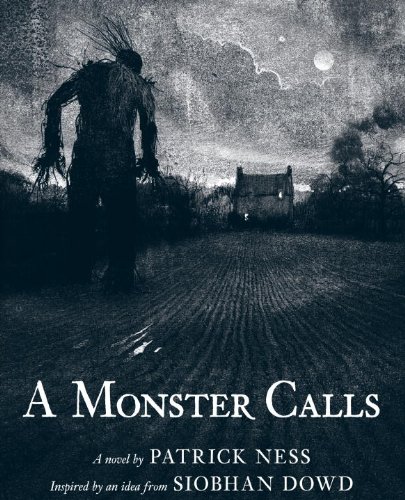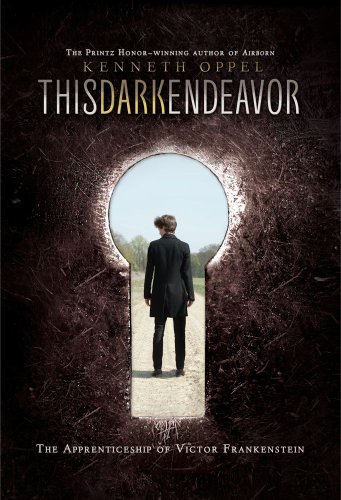
Cinder
by Marissa Meyer
“She was a cyborg, and she would never go to a ball.”
Cinder is a cyborg mechanic in New Beijing (the city built on top of the old Beijing after WWIV). She is both a mechanic that works on cyborgs and is a cyborg herself. Cyborgs are humans who were badly injured, so they had to be augmented with robot parts. They are considered second-class citizens.
Adri, Cinder's guardian, blames her for the death of her husband, the man who brought Cinder to their family and adopted her. Adri resents her and exploits her, making her the sole breadwinner.
The Easter Commonwealth is in trouble. A deadly plague is sweeping the land, for which there is no cure. The Lunars (people who live on the moon and have mind control powers) are threatening war unless their sickeningly beautiful queen and Prince Kai of New Beijing get married.
Cinder wants nothing to do with it, but everything changes the day Prince Kai visits her booth, and the plague hits close to home.
This was a really interesting book! I thought it was just sweet, with some good world-building at first, with some obvious foreshadowing, but as we delved deeper into the societal prejudices of the city, and the Catch 22 that Prince Kai struggles with, you want to keep digging deeper and find out what happens. You expect Meyer to simply tell the story of Cinderella with cyborgs, but honestly, it is just a bare outline. Yes, you have the ball, the lost...shoe and other things, the "pumpkin," the abusive family. But those are small touchstones in a very complex story that doesn't end with the prince finding her and having a happily ever after.
The Lunars were an element that made me giggle for a while. Aliens from the moon that controlled your mind? Sounds like a 1950s B movie. But as we met more of them, they became a truly frightening nemesis.
There was also a smattering of Snow White in there, in the story of the lost Lunar princess who's place was usurped by a queen obsessed with beauty.
Excellent storytelling! I can't wait for the rest of the series!


